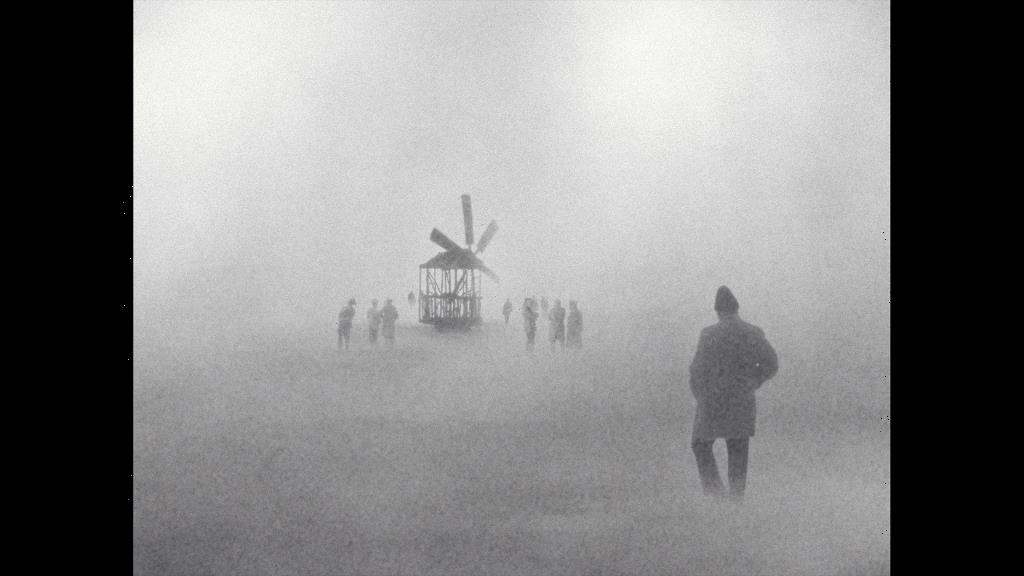BRITS abroad face being "roasted" in Spain as the country BANS air-conditioning lower than 27C, tourism chiefs have warned.
The rule change is set to limit the temperatures in public spaces – including shops, bars and restaurants – as part of an energy-saving crackdown.
Public transport, including on buses and in airports, will also have to abide by the strict setting of 27C minimum.
This summer holidaymakers have been sweltering in 40C heat across much of Spain.
But once the measures kick in tourists will no longer be able to cool off anywhere public like a hotel, museums or cinema.
So tourism experts are furious that these temperature regulations risk putting off sunseekers who will be "roasted" as they're trying to relax.
As well as the air-con rule, Spaniards will only be able to set their heating to a maximum of 19C in the winter.
There will also be a time limit on the lights in empty shop fronts and offices to turn off at 10pm.
President of Costa del Sol's tourism board slammed the measures.
Francisco Salado told Sky: "We want satisfied tourists, not roasted tourists or those who are afraid to walk the dark streets."
Most read in The Sun
Fans say same thing about Sky Sports' new scoreboard for Palace v Arsenal
Emmerdale actor Sam Gannon dies aged 31 after travelling to US
Archie dies after life support turned off as mum sobs 'he fought til the end'
Gemma breaks silence on Luca 'split' after 'stressed' Love Island Reunion
Although he encouraged the government to find "more effective measures", he said the rule "makes no sense", adding "precisely in the middle of a heat wave".
He continued: "It is as if this decree had been written by a martian, someone who is deeply ignorant of our country and who has not consulted with anyone."
Luckily, hotel rooms will be immune to the air-con restrictions as "private areas", meaning Brits abroad can still escape the heat in their own bedrooms.
Schools, hospitals, hairdressers and public transport including planes and trains have also been grouped among the exceptions.
But “minor breaches” of the new law could land businesses a fine of up to £50,000, reaching a staggering £83million for serious breaches.
The move comes as part of an energy-saving crackdown by the government to help out with the climate crisis.
However, by limiting electric lights, air-con systems and heating, businesses could also be able to save on their energy bills.
The announcement last week follows a warning from Spanish weather officials over a third heatwave about to hit the country.
Brit holiday hotspot Gran Canaria is expected to hit as high as 37C, while other parts in the south are expected to reach over 40C.
An orange warning is in place for Cáceres and Badajoz, the provinces which form Extremadura, Salamanca, Ávila, Toledo, Seville, Córdoba, Jaén and Ourense.
A yellow warning is in place for the following areas: Andalusia, Madrid, the Basque Country, Aragon, Catilla y Leon, Catalonia, Navarre and La Rioja.
The sizzling weather could put nightclubs in British holiday hotspots at risk of closure after a lack of ice.
Desperate bar and restaurant owners are rushing to stock up on ice after some shops started limiting the amount of bags sold to customers.
And the ice shortage isn't only affecting nights-out with supermarkets and petrol stations even limiting sales per customer.
Read More on The Sun
I’m a 20-year-old mum…people want to be my friend until they see my parenting
We transformed our damp-riddled home on a budget – it’s now worth £21k more
The problem is being blamed on the supply chain and increased demand due to the hot weather and tourism boom.
The holiday island of Majorca is one of the destinations suffering from ice shortages, which are occurring in various tourist and non-tourist areas of the island.
Most read in Travel
I'm a travel expert – here's what to do if you lose your luggage at the airport
Holidaymakers facing 'worst ever' travel disruption, Ryanair boss warns
The French campsite with 3 pools and glamping from £7.15pp a night
The magical staycation kids will love – with witch tales, ponies and beaches
Source: Read Full Article













